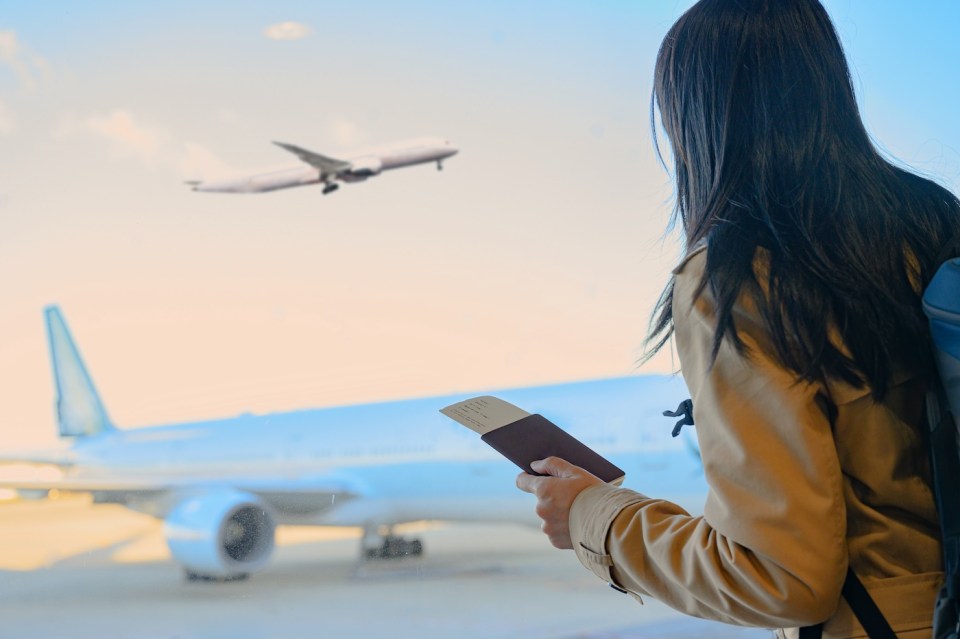Photo by depositphotos.com
Travelling internationally is a very thrilling experience, but without careful financial planning, it can also become costly. By strategically budgeting for aspects such as transport, accommodation, insurance, and daily expenses, travellers can ensure a smooth and enjoyable journey without breaking the bank. From comparing insurance options to cutting down on meal costs, these practical tips will help you manage your travel budget effectively.
Setting Your Travel Budget
When planning an international trip, you should consider your financial limitations and preferences carefully to avoid overspending. Establishing a realistic travel budget involves evaluating all potential expenses, such as flights, accommodation, food, activities, and insurance while aligning these costs with your financial situation. Prioritising spending on essentials and finding ways to save on non-essential items can help make the most of your travel funds, ensuring a memorable and stress-free holiday experience.
Determining Your Total Budget
To determine your total budget, list all anticipated expenses, including transportation, accommodation, meals, activities, and insurance. Be sure to include a buffer for unexpected costs. You must set a total budget that fits within your overall financial situation to avoid debt and financial strain. Be honest about what you can afford.
Prioritising Your Expenses
Prioritise expenses like accommodation and transportation over non-essential costs such as souvenirs or high-end dining. This ensures your basic needs are covered first. Try to look for ways to cut costs on non-essential items, such as cooking your meals instead of eating out, or choosing budget-friendly activities. This approach helps to stretch your travel funds further.
Pre-Trip Expenses
Preparing for international travel involves several key expenses that need careful consideration to ensure a smooth and enjoyable trip. This includes the costs of obtaining or renewing passports and visas, which can vary depending on the destination and duration of stay. Vaccinations and medical preparations are also essential, especially when travelling to regions with specific health risks. Budgeting for travel insurance and necessary medications is crucial to cover unexpected health issues. Additionally, investing in quality travel gear and packing essentials can make your journey more comfortable and…
Click Here to Read the Full Original Article at Unusual Places…
